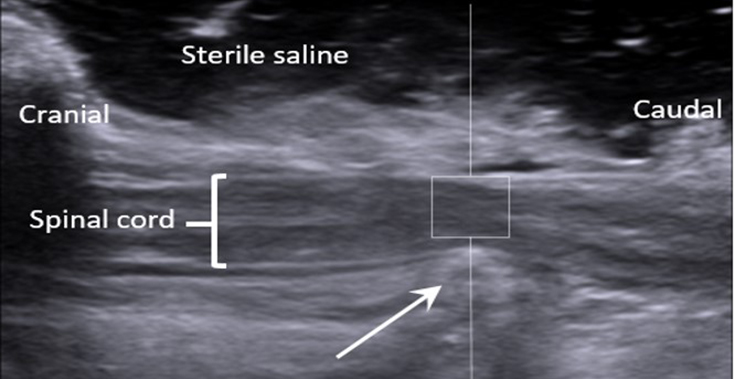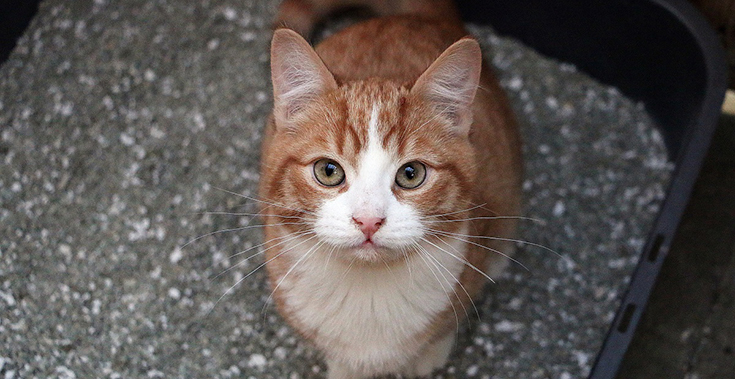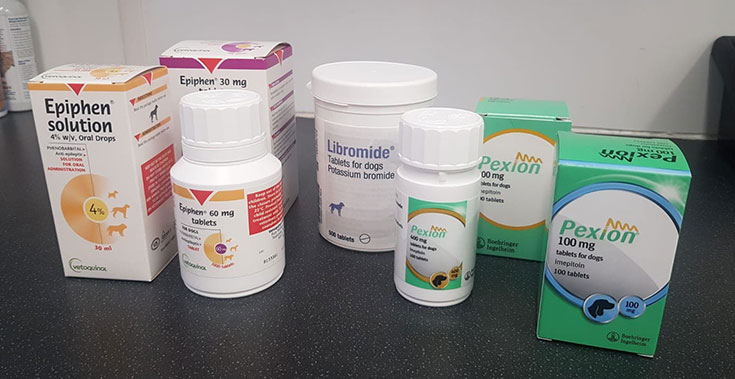CVS Neurologist delivers keynote lectures at specialist conference on spinal cord injury
Highcroft Veterinary Referrals Clinical Neurologist, Nicolas Granger DVM PhD DipECVN FHEA FRCVS, was an invited keynote speaker at the 34th ECVN – ESVN Symposium.
The veterinary neurology ECVN – ESVN symposium was held at the end of September in Mallorca after a three-year gap with no face-to-face meetings, and had an all-time record of more than 500 participants. This year’s topic focused on spinal cord injury, which remains the leading cause of paralysis in companion animals throughout the world.
Two of the keynote lectures were delivered by Nicolas, European and RCVS Specialist in Veterinary Neurology, who has contributed significant research to furthering the understanding of spinal cord injury in companion animals during his career to date. A summary of Nicolas’ seminal research is outlined below:
Chronic spinal cord injury: bypassing the lesion for artificial bladder control
In his first lecture, Nicolas touched on the vast problem of urinary incontinence in dogs following severe spinal cord injury, a problem that humans also face and is affecting people’s quality of life above all other disabilities. Owners of companion dogs also have to manage this challenging issue in their animals and incontinence is often a reason an animal is put to sleep following spinal cord injury.
Over the past decades, much progress has been made in dogs with incontinence. With the translation from humans to companion dogs, sacral neuroprosthesis is able to provide artificial emptying of the bladder, a unique surgery Nicolas offers within CVS (and in particular at Highcroft Veterinary Referrals). Nicolas has also been studying urinary incontinence through various animal models in neuroscience research, making significant advances at understanding the physiology and pathophysiology of the urinary system after trauma to the spinal cord.
Spinal cord elasticity: a physical parameter to guide treatment – Nicolas Granger
In Nicolas’ second lecture, he shed light on the mechanical properties of the spinal cord, particularly after injury. Previous research has largely focused on the biochemical or molecular changes occurring after spinal cord injury, rather than looking at the mechanical changes. However the mechanical properties of tissues are key to their function and for spinal cord injury, it is crucial to understand how the spinal cord tissue elasticity behaves following trauma. In particular, Nicolas’ research explores what differences occur in the grey versus white matter of the spinal cord. In undertaking this research, this could provide prognostic indicators for recovery and may also help in the development of new therapies such hydrogels of matching elasticity. Nicolas uses ultrasound elastography in the clinic to study this topic but also some other neuroscience tools such as atomic force microscopy.
Nicolas offers referral consultations in neurology and a range of neurosurgeries at Highcroft Veterinary Referrals. He is the only neurosurgeon in the UK to offer sacral neuroprosthesis implantation for the treatment of neurogenic incontinence. Alongside medicine/ICU/anaesthesia specialists at Highcroft Veterinary Referrals, he also runs a feline acromegaly clinic and offers treatment by pituitary surgery in cats and dogs.



